On May 7, 2015, Sharon Harvey Davis made this post to social media about her son:
This past year I have worried tremendously about my son. Preston grew up in Ferguson and has been deeply affected by recent events. For many months I worried about where he would channel the frustration, anger and resentment that had been deeply buried and were uncovered by these events. His feelings were so raw and so close to the surface that I was constantly troubled by the thought of one ill-fated interaction that could release a fury that could not be contained. I worried he could be the young, Black male who said the wrong thing, to the wrong person at the wrong time that resulted in all the wrong outcomes. He worried too.
But Preston found an outlet and a place for his unspent, unsettling energy. It was at Washington University where he was asked to help the Business School, Dean Gupta and eventually Alderman Antonio French find solutions to the problems highlighted in Ferguson. I watched my son’s anger turn to interest. I saw his frustration become actions and his resentment turn into solutions. I watched as my son grew from a bitter brother to a trusted advisor, leader and inspiration to those with whom he worked. I cheered this change and applauded his accomplishment.
Today I received an email from the Washington University Olin School of Business about the Graduate School Awards and Honors ceremony. I was reading the email to find out about seating for guests and parents. Instead, it was about the ceremony, which “recognizes and celebrates a small number of outstanding faculty and students whose contributions truly helped define the journey for this class.” I was shocked and surprised when I saw a list of names. The second name on the list was PRESTON EDWARD MICHAEL DAVIS recipient of the DEAN’S SPECIAL SERVICE AWARD to “recognize MBA students who have rendered extraordinary service to Olin.” I cried. I cried because I was happy to see my son receive public recognition for the hard work and heartfelt dedication he has given to Washington University and our community. I cried because I knew there could have been so many different endings to this story. I cried because I knew my son had turned an important corner from a place to which he would not return. I cried because I realized that I no longer needed to worry tremendously, but worry normally about my son who has successfully traveled from a place of darkness to a place of light and brought many others with him. Today my son made me cry and I am so happy for the tears.
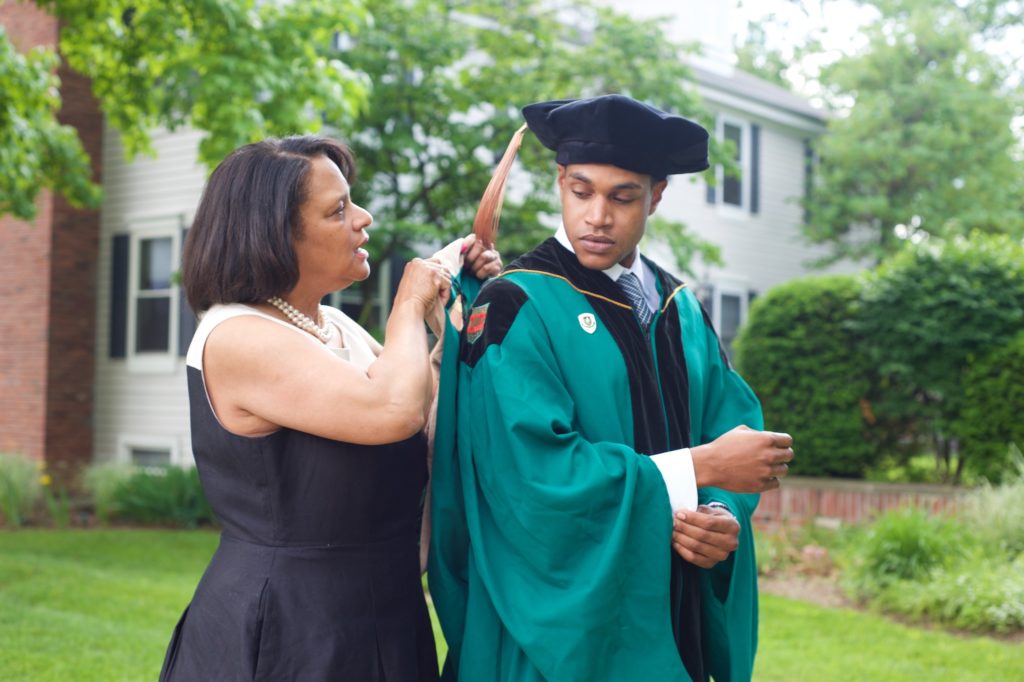
Sharon Harvey Davis and Preston Davis, photos by Lindy Drew
As an African American mother of a young African American male, you always have this concern about what will happen with a police interaction with your child. You grow up knowing about it, you grow up telling your children how to interact with police. You probably know “The Talk”? You have the talk with your kids. It’s not Ferguson specific. It’s just a concern that any interaction they have with the police will end well and not end poorly. I guess that’s been kind of how I’ve thought about things and how I have been concerned. I told a story to Preston about how my father was involved in civil rights, and in WWII he got to go to Europe and Guam in the 40s. He’s from Mississippi, and he got to see life living in a place where there wasn’t racism. After the war, he couldn’t conform anymore. He couldn’t live in that lifestyle anymore. My grandmother was really really worried. My uncle, who just turned 101, told me this story that they had to send my dad to Chicago because they were afraid police in this Mississippi town were going to hurt him. It just seemed so ironic to me that a worry my grandmother had would still be a worry I would have so many years later. But it is.
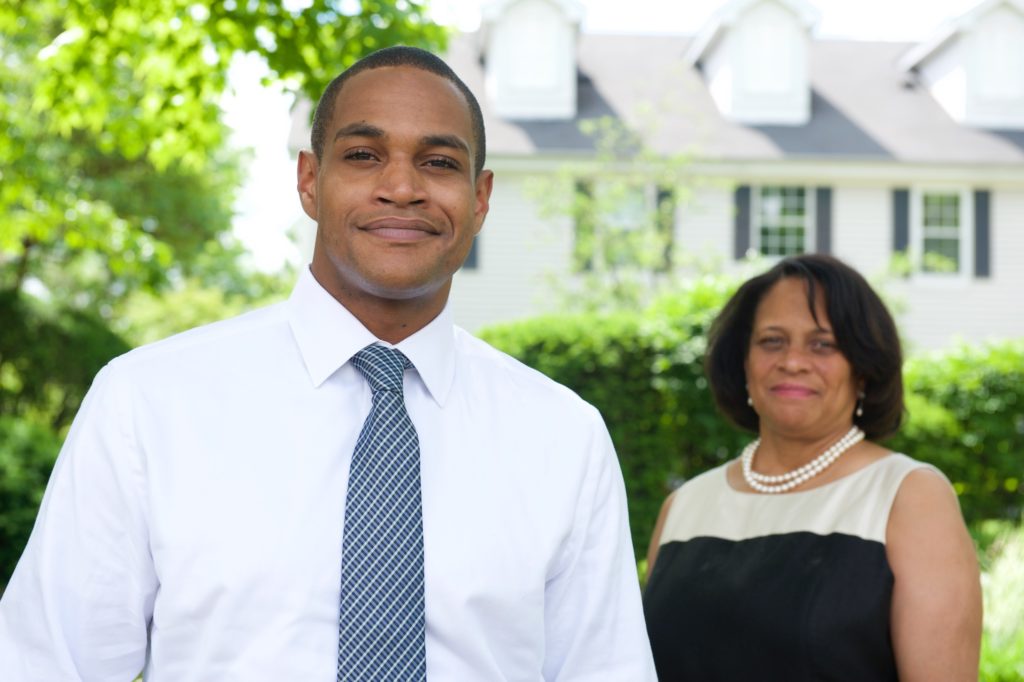
I was consumed by it. I had blinders on and I really couldn’t take my mind off of what was going on. I would go to campus, be in class, and have casual conversations with people, but it was just consuming my mind and fueling a lot of the negative emotions and thoughts I have towards police. For a long time, I had a hard time talking to anybody about it other than my mom because I really felt like the emotions I had were ugly. They’re not how I want to feel. They’re not the emotions I want to have towards people. But they’re real emotions and I can’t not feel them. I remember as concerned as my mother was, I was probably more concerned about my own actions and controlling how I would interact if I just came into close contact with a police officer. I had so much rage. I definitely don’t think I would have been able to hold my tongue, because that rage was real. And that’s not who I am. That’s not how I interact with people or how I engage with anybody.
I felt like if I went to one of the marches I wouldn’t have been one of the peaceful protestors. Therefore, I didn’t go. At that time, I felt like Black lives don’t really matter to anybody in this country to anybody but Black people. And I really kind of turned my back on the hope of ever achieving positive relations with police officers or ever feeling like we have a government that looks out for our best interests or even feeling like there’s a system in place in this country for us to actually succeed. That’s probably not the best or healthiest perspective, but that’s where I was. I was alienating myself because of my own anger and rage, and that’s where I had trouble. Getting involved with other projects and seeing the opportunity to make an impact, but in a totally different way, not only changed that energy but that perspective to actually say, “Okay, there are people who really care about making this city and this world a better place. Not all of them necessarily look like me, but they all have good intentions and care and want to make a difference.”
What was it about this experience that made you push through what happened on Aug 9th?
A lot of it is my mom and the conversations we’ve had talking about the things she’s been through and what she tells me my grandfather went through. And hearing the perspective of people who have been through challenging times, then seeing the perspective of real change occur in the aftermath and understanding that doesn’t happen in a month, or a week, or a day. It takes synergy, it takes coordination, and it takes open-minded people willing to work with others. Seeing her words become truths in my life really made me take a step back and say, “You know what? Maybe a lot of the things I’m thinking are only driven by negative emotions, but not actually ideas that can serve as solutions.”
For example, my mother has worked in diversity at Ameren for 13 years, and this year Ameren was awarded the number one utilities company in diversity by DiversityInc Magazine for the first time ever. That’s an amazing accomplishment for any corporation for anybody who works in diversity, but that’s a long way from where they were when she started. She told me after year one, everybody wasn’t on board with diversity. After years two and three, it wasn’t like the world had changed. But, it did gradually. And now they’re in a totally different place than where they were. So, in my mind, I’m sitting here frustrated because nothing’s changed in a month. And that really helped me to have a different perspective on how she was able to move the needle forward, however that’s defined. It’s the time frame and the fact that it’s a gradual process.
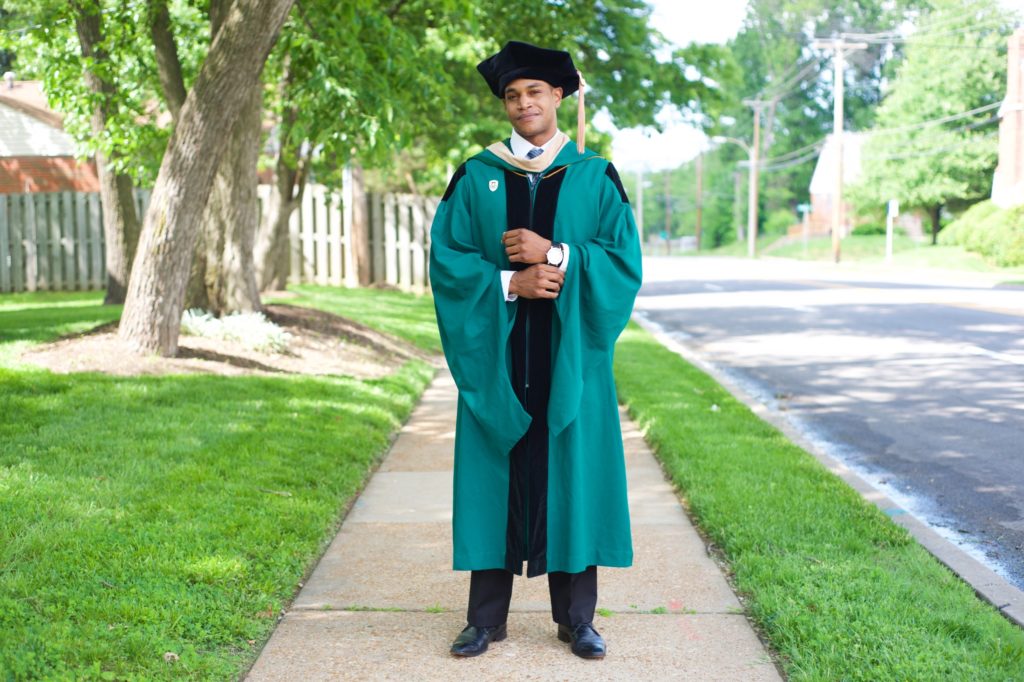
There where stages of emotions like the stages of grief when you lose somebody you love. I feel like I kind of went through all those phases between August and now. And now I’m just in a place where I’m not okay with everything that happened, but at least I understand how I can manage my emotions around it and maybe contribute in a positive way to changing it. I don’t think I was at that place for a good few months after August, but I am now. And now that I have been engaged, what I really care about is empowerment and the ability for people — not only in North St. Louis, but in communities like it — to take ownership of their community from an economic perspective, a political perspective, and a psychological perspective so when something happens in our community we feel is wrong, justice is achieved.
I read a report earlier this year that there are over 19,000 kids in St. Louis that don’t have access to a seat at a performing school. Those are the kids I worry about because, in my opinion, education is a human right and it’s a right they’re denied for no other reason than the cards they were dealt. I don’t look at anything I’ve achieved as a result of any personal skill, strength, or exceptional quality. I was dealt a pretty decent hand of cards in life and blessed with some awesome parents and opportunities, and thus far I haven’t messed it up. But I don’t know that if I traded places with someone else who just had different circumstances if they would be sitting here right now like me. There are a lot of kids who aren’t as fortunate as my sister and I, and the potential for success is just different. It looks different. I want to be a part of changing that.
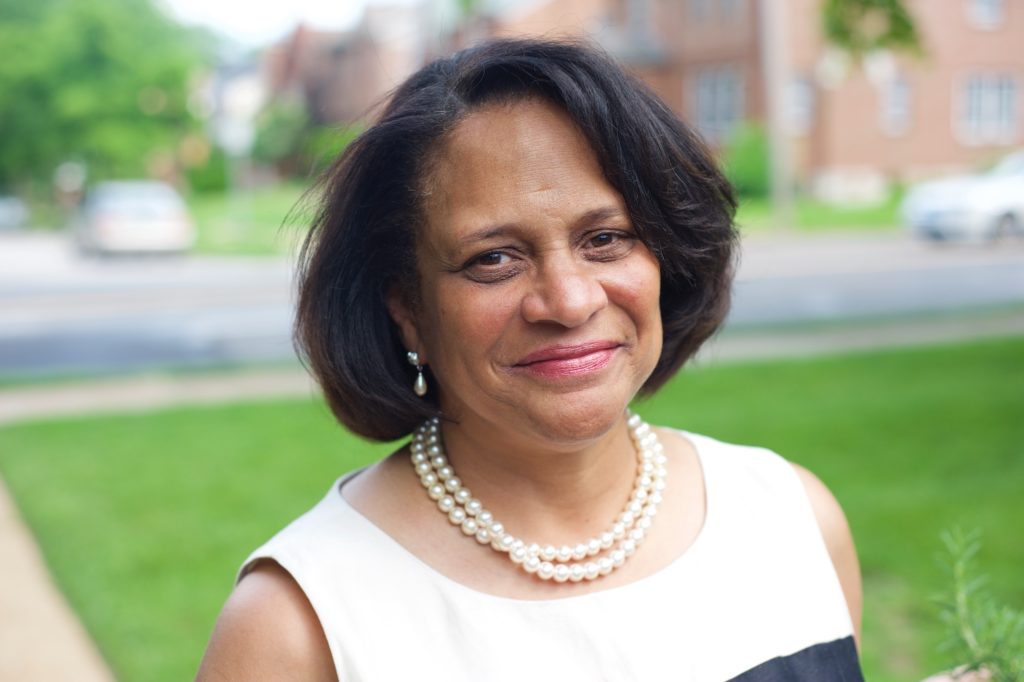
What do you think St. Louis needs right now more than anything?
There was a statistic I read that said something like 91% of Whites and 80% of Blacks have friends that are only in their own race. That’s a national statistic. And then when you look at where people live, there are similar types of dynamics. People tend to live in communities with people that look like them. So I think what St. Louis needs is just to help people interact across those different lines and find ways to come together.
I had three foreign exchange students who left two years ago and they were here for two years. And one of the things that hit me a couple of times when they were here was when they’d say to me, ‘Mom, why are we the only people of color here?’ So with a lot of the things we do, they wouldn’t see other people of color. I’ve gotten so blinded to it that I’m used to accepting it. But I think St. Louis can do a lot more to cross those divides and open opportunities to have people interact across those divides.
One of the things we found is most helpful at my job as the Chief Diversity Officer is giving people the framework to find a level of comfort to talk to someone different than themselves. A lot of times people go to their perspective corners and talk to the people there but don’t know how to talk across in a way that opens your mind and allows you to learn. Those conversations sound like, “Let me tell you why I’m right and you’re wrong.” But it’s about helping people to get to that point where they can listen and learn. It doesn’t mean you have to change, but we do want to help you learn about the differences and why there are those differences. At least that’s the most important part we’re finding at Ameren. Then you can train on specific things like gender and race and generations. But you got to get through the first point of how to do get people to come together to be open to hearing.

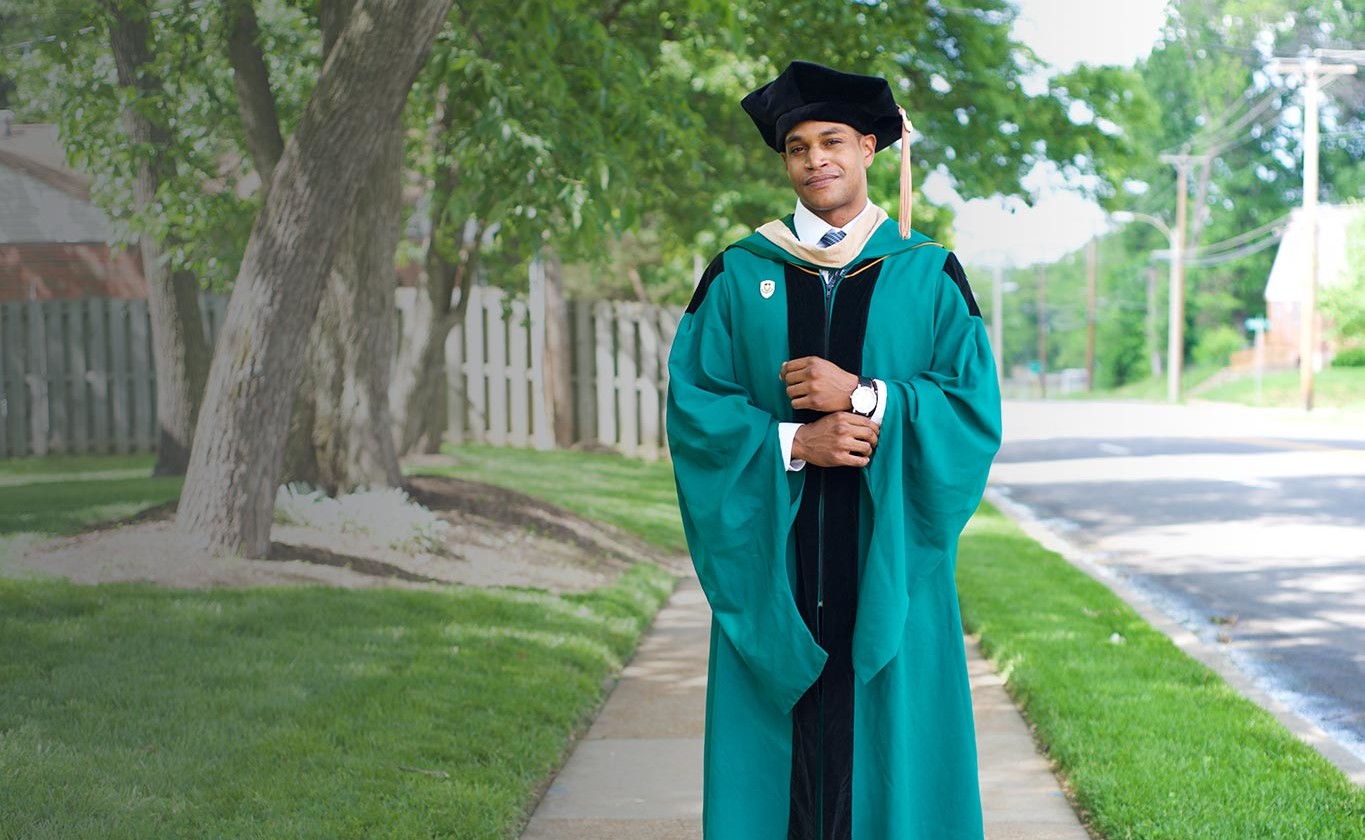
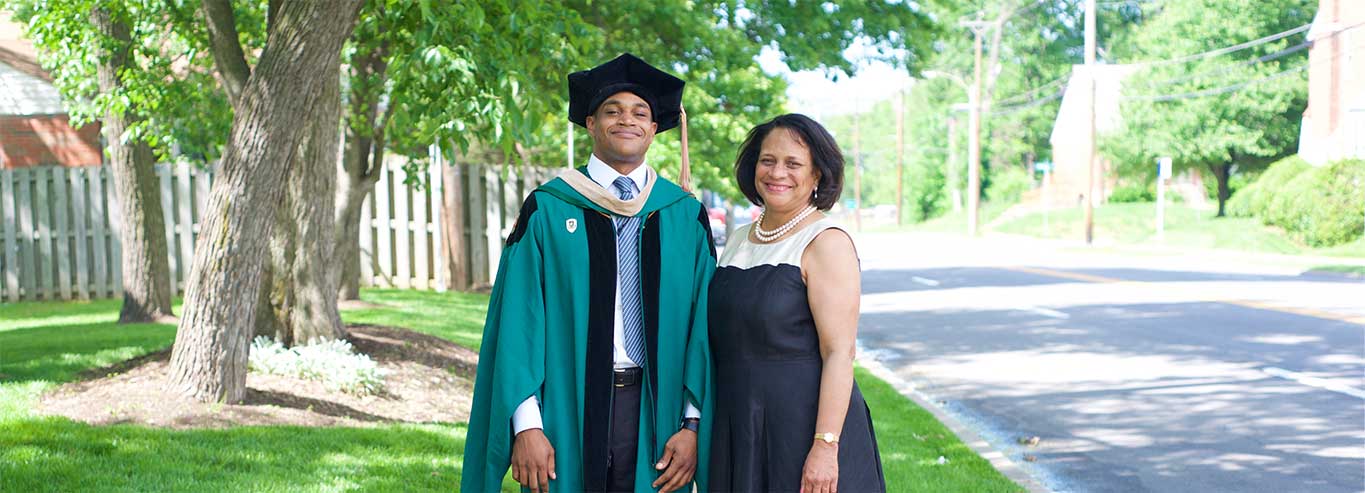
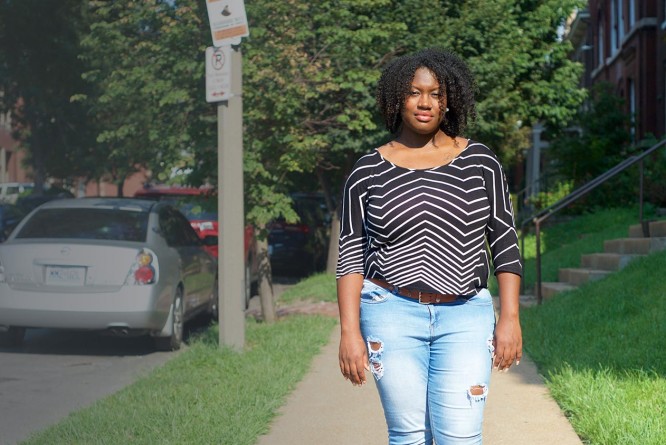
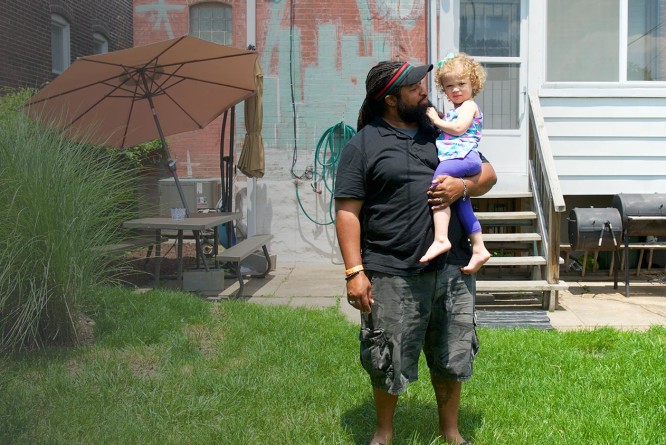
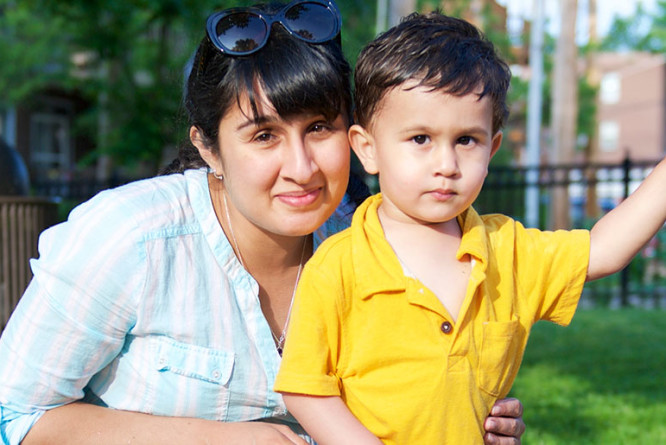
#FwdThruFerguson